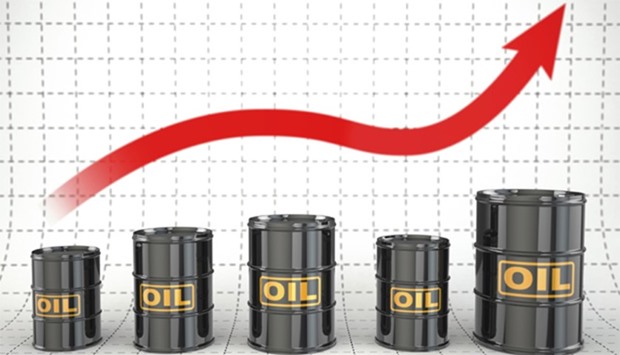Higher oil prices are set to lead to higher twin deficits and inflation in most Fitch-rated energy importers in the Middle East and North Africa (Mena), the agency has said in a new report. Most of these Mena countries with the exception of GCC sovereigns are net importers of hydrocarbons. “We assume oil prices will moderate to average USD70 a barrel in 2022 (similar to 2021) and fall further in 2023- 2024.However, price risks are to the upside,” Fitch Ratings said. In all but one Mena oil importers, regulated electricity prices are below the cost recovery level. Support to electricity sectors is a significant contributor to fiscal deficits and/or the build-up of indebtedness in Jordan, Lebanon and Tunisia, it said. Electricity prices for consumers have been flat through 2020-2021 in Morocco and Tunisia but have risen in Egypt, Jordan and Lebanon. In Egypt, this is part of a programme of tariff hikes. Countries are generally seeking to enact reforms over the medium term that will raise tariffs (at least for some consumers) while providing targeted assistance. Petroleum subsidies have largely been removed across the region, and prices adjust to oil market fluctuations, although subject to decisions by a pricing committee in most countries and a small monthly adjustment cap in Tunisia. Higher global oil prices have trickled through to transportation CPI inflation across the region. According to Fitch Ratings, higher energy prices will widen current account deficits (CADs) of net energy importers, particularly Lebanon, Tunisia, Jordan and Morocco. In Tunisia, this will put pressure on (currently adequate) foreignexchange reserves, amid lack of access to external funding. In Lebanon, import volumes will be constrained by dwindling reserves, absence of external funding and a collapsing economy. Rising prices of hydrocarbon feedstock could eventually require changes in tariffs or higher fiscal outlays to support electricity sectors, although electricity companies can absorb higher losses in the short term. Gas pricing is linked to oil prices, but long-term supply agreements cushion the impact of hydrocarbon price swings (in Jordan and Tunisia), as does domestic hydrocarbon production (in Egypt, Israel and Tunisia) and electricity generation from renewables (most importantly in Morocco), Fitch said.
Higher oil prices set to lead to higher twin deficits, inflation in most Fitch-rated energy importers in Mena

Related tags :


